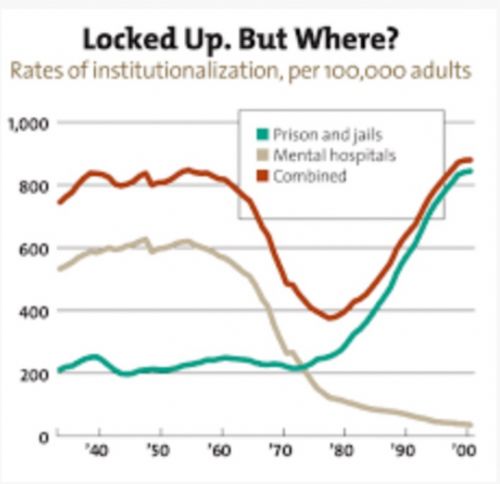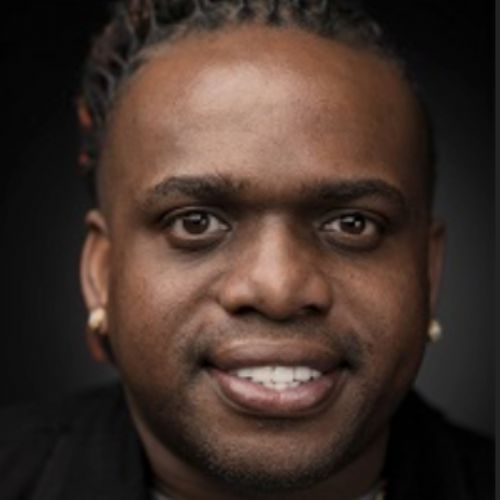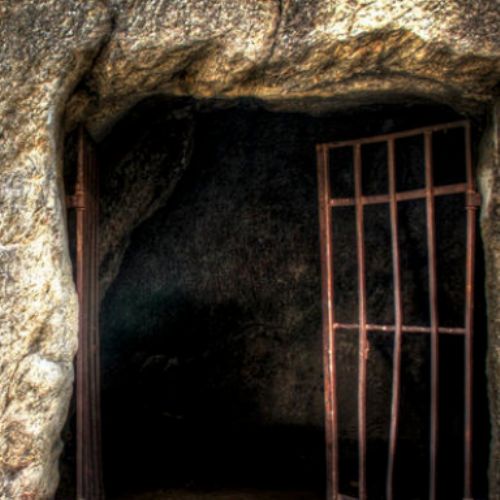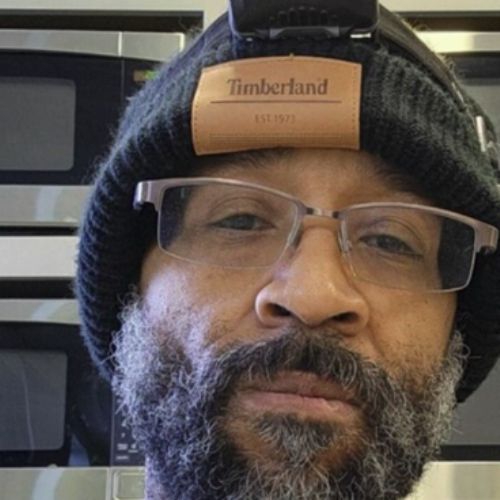Quote of the Month: June 2023
/Blog/Jims-Quotes/Quotes/quote-of-the-month-june-2023/?link=1&fldKeywords=&fldAuthor=&fldTopic=0
"Prisons are woefully ill-equipped for their current role as the nation's primary mental health facilities." —Jamie Fellner
Jamie Fellner is senior counsel for the United States Program of Human Rights Watch, which often deals with issues of the maltreatment of prisoners in the U.S.These are generally episodes against an incarcerated individual in a singular situation. But today with U.S. prisons and jails overflowing with a growing population of people with mental illness...

"Prisons are woefully ill-equipped for their current role as the nation's primary mental health facilities." —Jamie Fellner
Jamie Fellner is senior counsel for the United States Program of Human Rights Watch, which often deals with issues of the maltreatment of prisoners in the U.S.
These are generally episodes against an incarcerated individual in a singular situation. But today with U.S. prisons and jails overflowing with a growing population of people with mental illness, individual human rights seem to be on the back burner. This is not an 'individual' human rights issue, it is a massive human rights issue when we incarcerate sick people at a rate that is now as high as 64 percent of our prison population.
Take a look at the graph above. As early as the 1970s we have been closing mental institutions throughout the country. As you can see, by the 80's and 90's mental health facilities were quickly declining in number, and the tan line, representing the number of mental hospitals, dropped to almost zero. At the same time, the inmate population (green line) ballooned in a mirror response to the lack of available facilities for those who needed mental help. Now felons and the mentally ill are all locked up together. In any scenario, does that sound like a good plan?
Prisoners with mental illness engage in behavior that corrections staff find "provocative and dangerous. They will refuse to follow orders to come out of a cell, to stop screaming, to change their clothes, or take a shower. They may smear feces on themselves or engage in serious self-injury. Some are delusional, assuming their organs are about to be harvested, or are reacting to voices in their heads."* As a result, there are reports of some violent punitive actions against mentally ill inmates by both prisoners and prison staff. It's unconscionable, but is it really a surprise?
Our New Marion County Adult Detention Center has allocated 40 percent of its space to hold those who present as mentally challenged—a valiant effort in the face of this growing problem. But how does medical treatment become the burden of a correctional facility? Meanwhile, people want our prisons to be places where offenders can be rehabilitated. When up to 64 percent of inmates are mentally ill, how does one imagine that rehabilitation will ever be a priority, especially in commonly understaffed facilities? It's not a juggling act, this is designed-to-fail chaos inflicted on hard working prison personnel and officials at every level, not to mention the community at large.
Jamie Fellner's statement is just one of a growing chorus decrying the current misuse of prisons as mental hospitals. It is not only an abuse of those who are mentally ill and their families, it is an abuse of our correctional staff and, yes, other prisoners.
Jim
*Criminologist Hans Toch
About Jim Cotterill
Jim Cotterill co-founded 2nd Chance Indiana (as UNITE INDY) in late 2016. After a decade as the founding president of National Christian Foundation Indiana following several years developing a chain of Business Journals across the country, he and his wife, Nancy, were led to serve those coming out of long term incarceration by helping them find and keep jobs that pay a living wage. Jim and Nancy believe that, through the dignity of work, reentrants' lives can be changed and their families can be lifted out of poverty.










